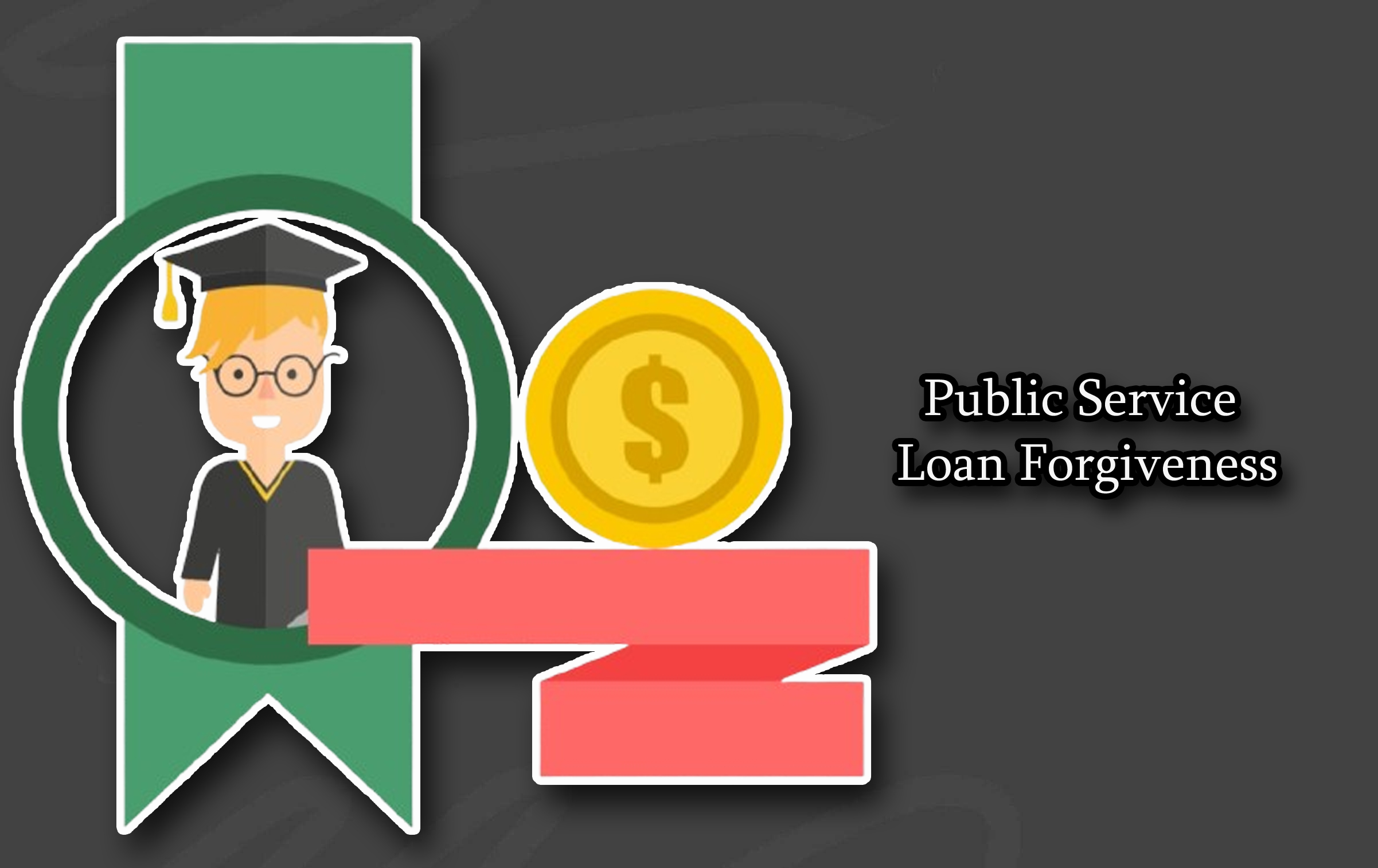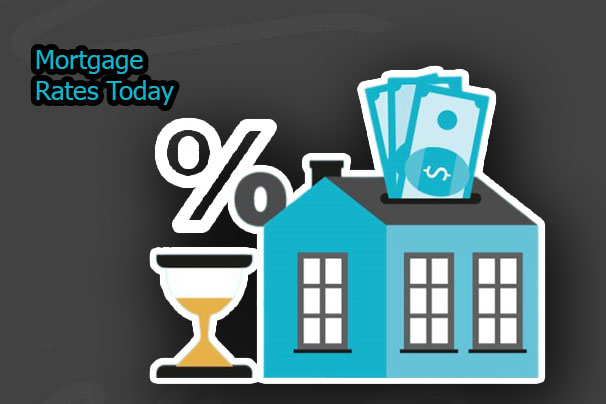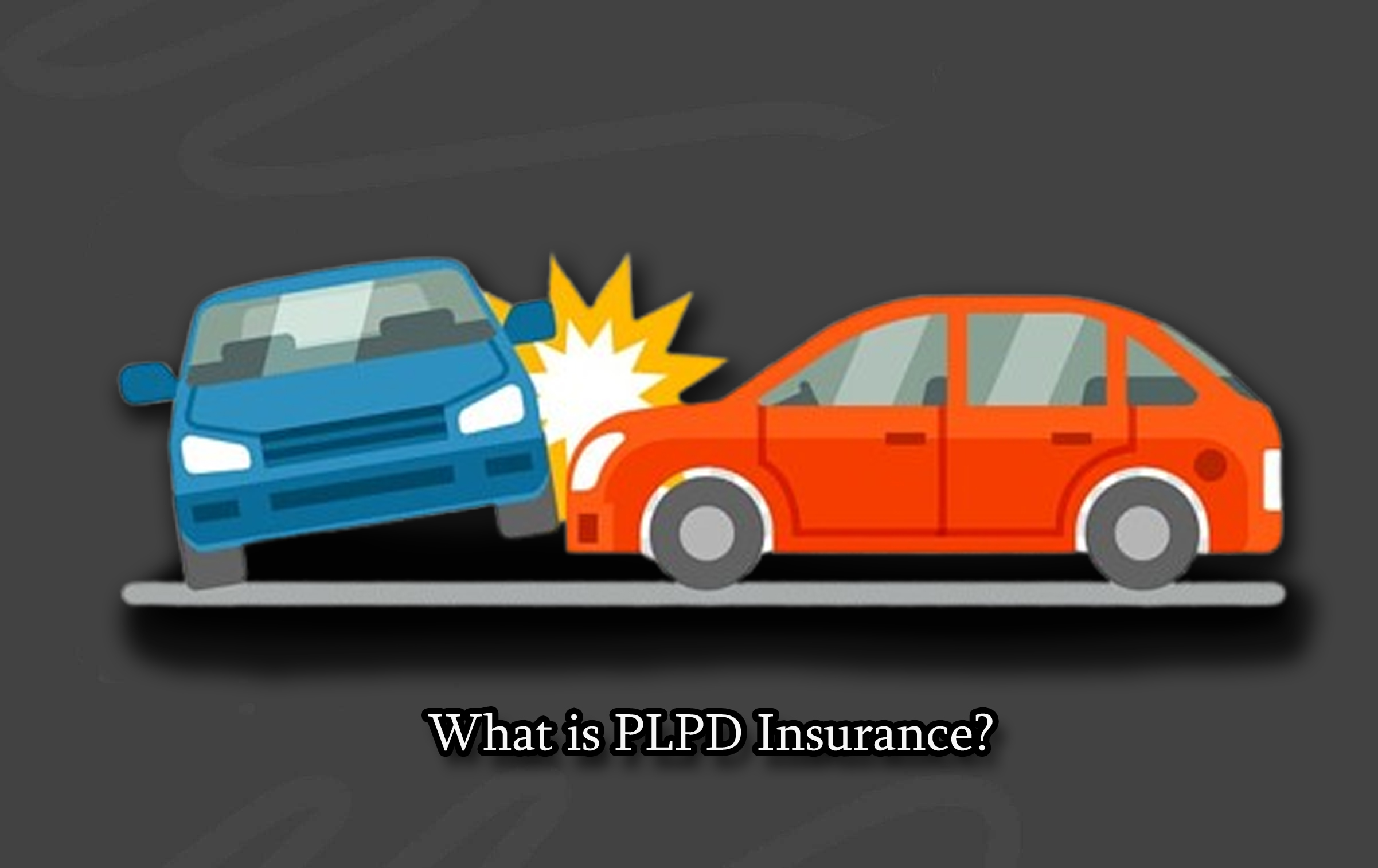What is Securities-Based Lending? Securities-based lending (SBL) is a financial practice that lets you borrow money by using your investments, like stocks, as collateral.

It provides an easy way to get cash for different purposes, such as buying a home, luxury items like jewelry or a car, or investing in a business. The only thing you can’t use this loan for is to buy more securities or pay off a margin loan.
One of the main benefits of an SBL is that you can access your portfolio’s value without selling your investments. For instance, if you have $10,000 in stocks and want to use some of the money, but you believe the stocks will keep increasing in value, you can borrow against them instead of selling.
However, it’s important to remember that most of these loans have rules requiring you to pay back part of the loan right away if the value of your portfolio drops below a certain point.
How Does It Work?
Lenders determine the loan amount based on the borrower’s investment portfolio. In some cases, the lender may decide eligibility based on the type of assets.
For example, a loan could be approved using a portfolio of U.S. Treasury notes instead of stocks. Once the loan is approved, the borrower’s securities are placed in an account, and the lender becomes a lienholder. If the borrower fails to repay the loan, the lender can take and sell the securities to cover the losses.
Borrowers usually receive the loan funds within a few days. The interest rates are typically variable and tied to the 30-day London Interbank Offered Rate (LIBOR). Interest rates are usually two to five percentage points higher than LIBOR, depending on the loan amount.
Risks Of Securities-Based Lending
The largest risk is that if you default on a securities-based loan, your lender may confiscate the underlying assets. If this occurs, the lender may sell the assets and use the proceeds to pay down the remaining loan sum. You will receive any excess, but you will be responsible for any leftover debt. You must also pay any applicable capital gains or income taxes on the transaction.
However, your lender can monitor the value of your collateral. If the value of your underlying securities falls too far below the amount of the loan, your lender may issue a “margin call.” During a margin call, your lender may require you to stake additional assets, increase the value of your collateral, or repay your loan.
If you cannot or do not meet these requirements, your lender may unilaterally sell assets to cover the loan’s value. You will have no say in which investments they sell or when. If your collateral is insufficient to repay the loan, as described above, you will be expected to make up the shortfall. As previously stated, you will be responsible for all applicable taxes associated with this transaction.
Costs Of Securities-Based Lending
A fundamental advantage of a securities-based line of credit is that it typically costs nothing to establish. Typically, there are no application fees, loan origination fees, yearly expenditures, or early payment penalties. However, lenders might apply a late fee for not repaying the loan according to the loan arrangement.
Lenders generally impose variable interest rates dependent on the value of the pledged investment portfolio. Many investors elect to pledge a big chunk of their investment account to get the best rate—lenders often cut borrowing costs for larger asset pledges.
Using a modest percentage of the promised money can help lower the likelihood of a bank demand (see below). Interest on the loan amount is normally calculated daily and paid on a monthly basis. If the loan is not paid in full, accrued interest charges are added to it, along with any late fees.
Frequently Asked Questions
Why Do Clients Choose Securities-Based Loans?
Clients frequently want funds to support big transactions such as real estate purchases, strategic investment possibilities, bridging cash flows, or managing unanticipated expenses.
Why Should You Explore Securities-Based Lending?
Securities-based financing can assist clients in preserving their long-term investments by providing flexible liquidity access as an alternative to selling assets.
What Are Security-backed Loans?
A securities-based line of credit, available through a bank, allows you to borrow against the value of stocks, bonds, and other assets in your non-retirement investment portfolio. The assets in a tax-advantaged retirement account cannot be used for securities-based lending.
What Are The Different Types Of Securities Lending And Borrowing?
Securities lending and borrowing is the process of lending or borrowing shares of stock from other investors or financial institutions. Borrowers who engage in securities lending must offer collateral during the transaction. It can take the shape of cash or other sorts of securities.









